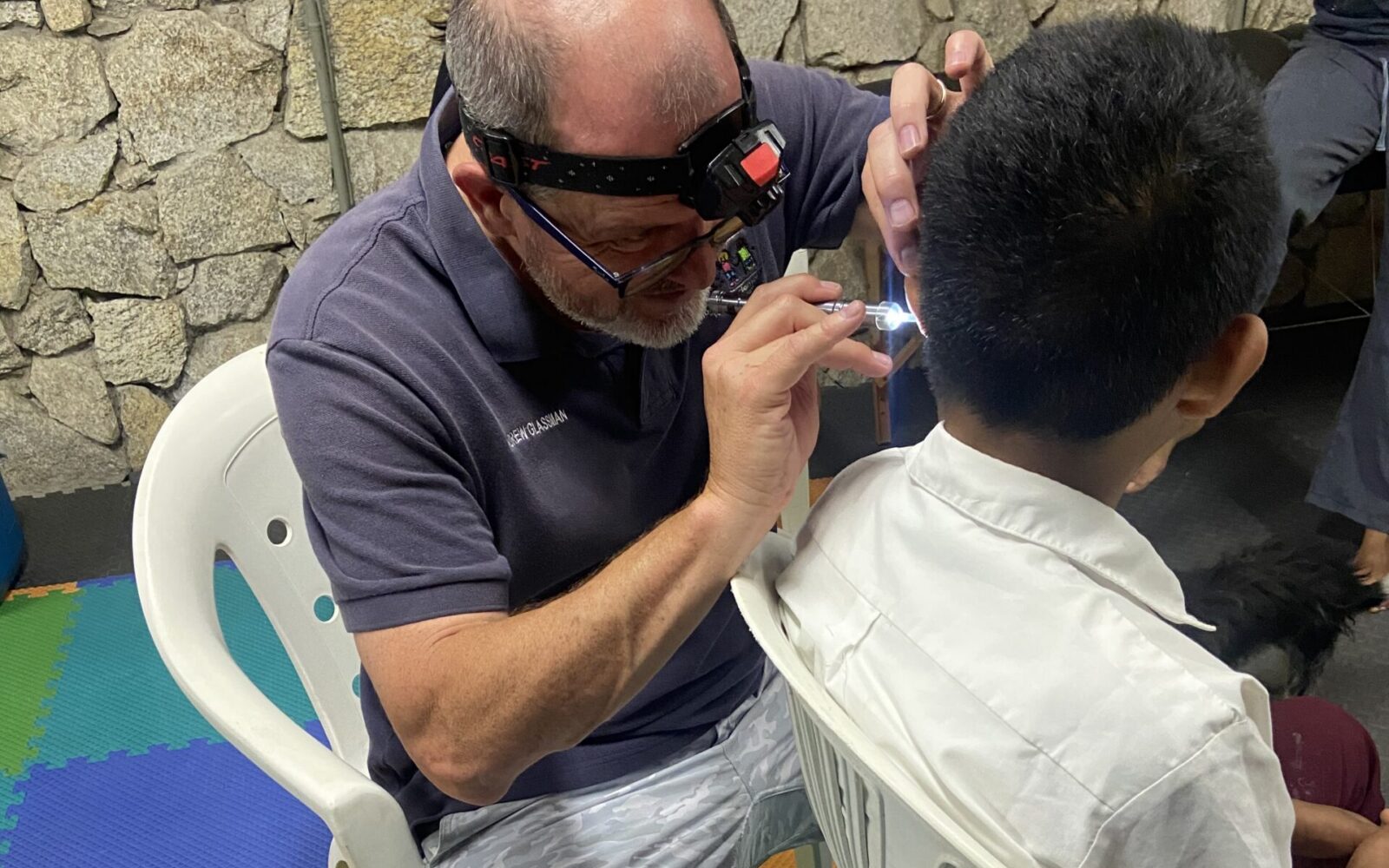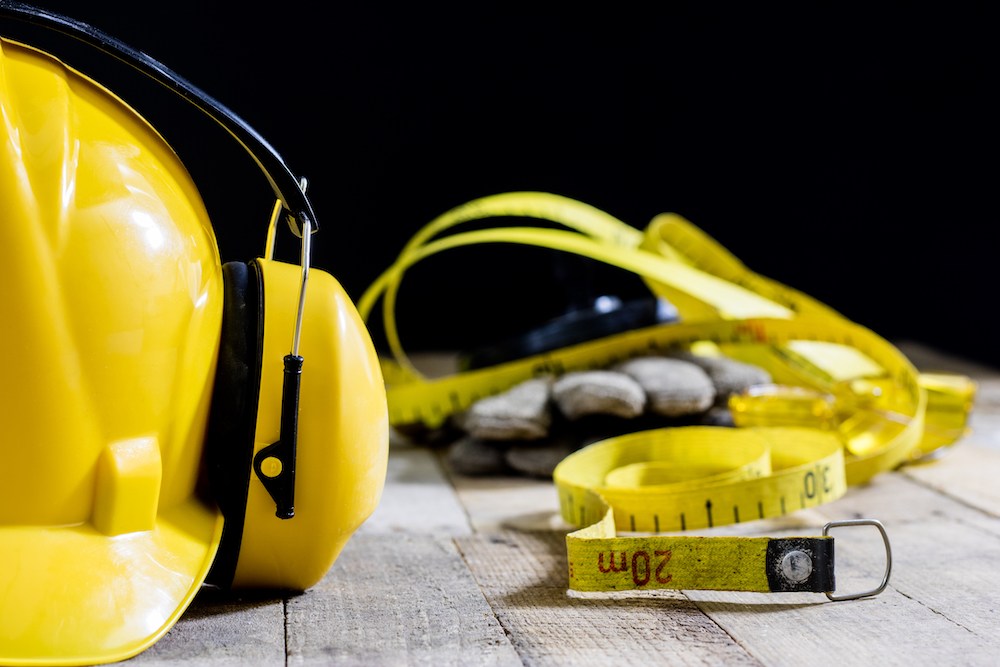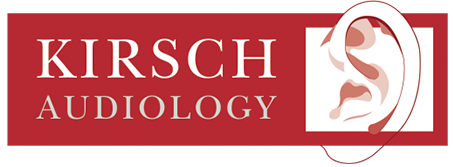Restoring Hearing, Changing Lives: Our Mission Trip to Huatulco, Mexico
This past year, our team had the privilege of partnering with The Lupita
An interview with Lyn Kirsch, Au.D.: In honor of Black History Month, CAA celebrates diversity of the audiology community in California.
Read More →

By: admin | December 23, 2024
Hearing loss can have surprising effects on sleep quality, even though the connection isn’t always clear at first. Many people with hearing loss might have a hard time trying to get a good night’s rest, which can leave them feeling drained and less energized during the day. Sleep is meant to be a time for the body and mind to recover, but hearing challenges can disrupt this balance in unexpected ways.
For those dealing with hearing loss, silent nights might turn into restless ones as changes in your auditory system disrupt your sleep patterns. There’s often a lingering worry about missing important sounds, like an alarm, a knock at the door or even a loved one calling out. Others may experience difficulty winding down after a day spent focusing harder to hear and communicate. This constant mental effort can carry over into bedtime, making it more difficult to relax and fall into a deep, restful sleep.
Hearing starts when sound waves enter the ear. These waves travel through the outer ear, which helps direct them into the ear canal. When the sound waves reach the eardrum, they cause it to vibrate. These vibrations are transferred to three tiny bones in the middle ear – called the ossicles – which amplify the vibrations. The bones then pass the vibrations into the inner ear, setting the stage for the sound to be processed.
In the inner ear, the vibrations move through the cochlea, a spiral-shaped structure filled with fluid. The fluid’s movement causes tiny hair cells inside the cochlea to bend. This bending converts the vibrations into electrical signals, which are sent to the brain through the auditory nerve. The brain then interprets these signals, allowing individuals to recognize and understand the sounds they hear, whether it’s someone speaking, music or everyday noises. This entire process happens nearly instantly, enabling individuals to respond to sounds in real time.
The connection between hearing and disrupted sleep is more significant than it might first seem. Not being able to hear certain sounds, like a ticking clock or the hum of an air conditioner, can impact how well you sleep. These sounds, which are often unnoticed, can help the brain transition into a more restful state. Without them, the process of falling asleep may become more difficult.
People with hearing loss also tend to experience higher levels of stress and anxiety, which can further affect sleep quality. These emotional challenges can lead to problems like trouble falling asleep or waking up frequently during the night, both of which are common signs of insomnia. Understanding the link between hearing and sleep disruptions is an important step in finding the right solutions with the help of an audiologist. By addressing hearing issues, individuals can improve their sleep quality, as well as their overall well-being.
Hearing loss can affect your sleep, but the psychological effects of sleep deprivation due to hearing loss are often overlooked. When you’re not getting enough sleep, it doesn’t just leave you feeling fatigued; it can also affect your mood and cognitive functions, making it harder to focus or manage stress. These mental and emotional impacts can further complicate the challenges of dealing with hearing loss and sleep disturbances.
Sleep deprivation can lead to increased irritability, difficulty concentrating and even feelings of depression. These mental health challenges can make day-to-day tasks more difficult and reduce your overall quality of life. Furthermore, chronic lack of sleep has been linked to more serious health concerns like heart disease and diabetes.
For those dealing with hearing loss, these psychological effects may be even more pronounced. The stress associated with struggling to communicate effectively can add an additional layer of emotional strain. By acknowledging this connection between hearing loss, sleep deprivation and its psychological effects, you’re taking an important step towards improving your overall wellbeing.
Nighttime noise can have a significant impact on sleep quality and overall health. While many people may not realize it, sounds like traffic, appliances or even distant voices can disrupt the body’s natural sleep cycle. These noises can cause people to wake up multiple times during the night or have trouble falling asleep in the first place. Even if someone doesn’t fully wake up, their sleep may be lightened, preventing them from reaching the deeper, restorative stages of rest.
Over time, exposure to nighttime noise can lead to long-term effects on health. Poor sleep caused by constant disruptions can increase stress levels and make it harder to focus during the day. It can also affect emotional health, leading to feelings of irritability or anxiety. Chronic sleep problems may even contribute to more serious conditions, such as heart disease or high blood pressure. Understanding how nighttime noise affects sleep can help people take steps to reduce these disturbances and protect their long-term health.
If you’re having trouble sleeping, tinnitus could be contributing to the issue. Tinnitus, a symptom of an underlying condition characterized by a ringing or buzzing in the ears, often goes hand in hand with insomnia, which might pose some difficulties. The noise from tinnitus can make it difficult to fall asleep or stay asleep, and lack of rest can, in turn, make the tinnitus symptoms feel exacerbated.
Many people with tinnitus find it harder to ignore the noise when trying to sleep in a quiet environment. This can lead to frustration and anxiety about not getting enough rest, which may make it even harder to fall asleep. This is often referred to as sleep anxiety, where the worry about not being able to sleep becomes the very thing preventing restful sleep.
Addressing both tinnitus and insomnia requires a clear understanding of how each issues affects your sleep. Seeking guidance from an audiologist is a good step, as they can offer strategies to manage tinnitus both during the day and at night like white noise machines. In addition, improving your sleep habits can help reduce the impact of these issues.
Scientific research has made significant strides in understanding the connection between hearing health and quality of sleep. One study published in the Journal of Clinical Sleep Medicine found that individuals with hearing loss are more likely to experience sleep disturbances compared to those without. This includes issues like insomnia, difficulty falling asleep and frequent awakenings during the night.
Understanding these findings can help you take steps towards better health. If you’re experiencing poor quality sleep alongside hearing difficulties, don’t hesitate to seek help from an audiologist. They can guide you on how best to manage these interconnected issues, to help improve your overall well-being.
While sleep and hearing loss are connected, what signs should you look out for? Some common indicators can help you identify if your hearing loss is affecting your sleep quality. For instance, you might find it hard to fall asleep or stay asleep throughout the night. This could be due to a lack of auditory cues that typically help signal our bodies it’s time for rest.
Another sign might be feeling unusually tired or fatigued during the day, even after what seemed like a full night’s sleep. This could indicate that your sleep was not as restful as it should be, possibly due to disturbances related to hearing loss. You may also notice changes in your mood or cognitive abilities, such as increased irritability or difficulty concentrating. These are often symptoms of poor-quality sleep and should not be overlooked.
If you recognize these signs in yourself, it’s important not to ignore them but instead seek advice from an audiologist. They can provide guidance on managing both your hearing health and sleep habits better, leading to improved overall quality of life.
If you have noticed symptoms of hearing loss or have trouble sleeping audiologists often create customized treatment plans aimed at enhancing both your hearing and sleep quality. These personalized plans take into account various factors like the degree of your hearing loss, your lifestyle and any specific sleep issues you may be experiencing.
The goal is to find a solution that not only improves your ability to hear but also promotes better sleep. This could involve recommending certain types of hearing aids that can help you pick up on important auditory cues for sleep or suggesting strategies for managing stress related to hearing loss.
It’s worth noting that everyone’s experience with hearing loss is different – what works well for one person might not work as well for another. That’s why it’s so important to have a treatment plan tailored specifically to you and your needs. By working closely with your audiologist, you can find a treatment plan that works for you to help enhance your hearing health and sleep.
Addressing both hearing issues and sleep problems can significantly improve your overall health and quality of life. Taking steps to improve your hearing may help lead to better sleep and overall well-being. One of these steps is regular hearing check-ups. These allow audiologists to monitor your auditory health, spot any changes early on and adjust your treatment plan as needed.
Another step is to ensure you’re hearing aids are working correctly. These devices can help you pick up on the important sounds that signal it’s time for sleep, like the hum of an air conditioner or the sounds of nature at night. However, they need to be used correctly to provide maximum benefit.
Additionally, managing stress related to hearing loss can also lead to better sleep. This might involve learning relaxation techniques or finding ways to reduce anxiety in social situations where communication might be challenging.
The link between hearing loss and sleep quality is an important issue that should not be overlooked. By recognizing this connection, we can take steps to manage our hearing health, which can lead to better sleep and overall well-being. If you think your hearing loss is impacting your sleep, it’s a good idea to consult an audiologist for advice.
If you or a loved one are dealing with hearing loss and its effects on sleep quality, Kirsch Audiology is here to help! Our dedicated team of audioloigst will guide you through this process with personalized care, offering practical strategies for managing your hearing health while promoting better sleep. Reach out to our Santa Monica, CA office by calling (310) 586-5533. Consider scheduling an appointment to address any hearing concerns. Improving your hearing health may help you sleep better and support your overall well-being.
Tags: hearing loss and mental health, hearing loss symptoms, types of hearing loss

This past year, our team had the privilege of partnering with The Lupita
By: admin | January 29, 2026

Fall festivals bring live music, crowded spaces and loudspeakers that can
By: admin | October 20, 2025

Getting hearing aids fitted properly can be tricky because your
By: admin | July 29, 2025
